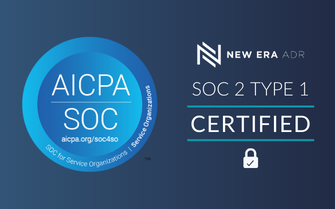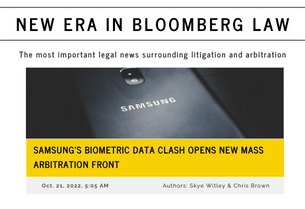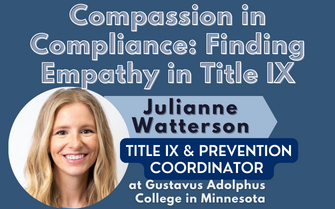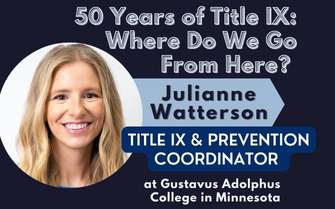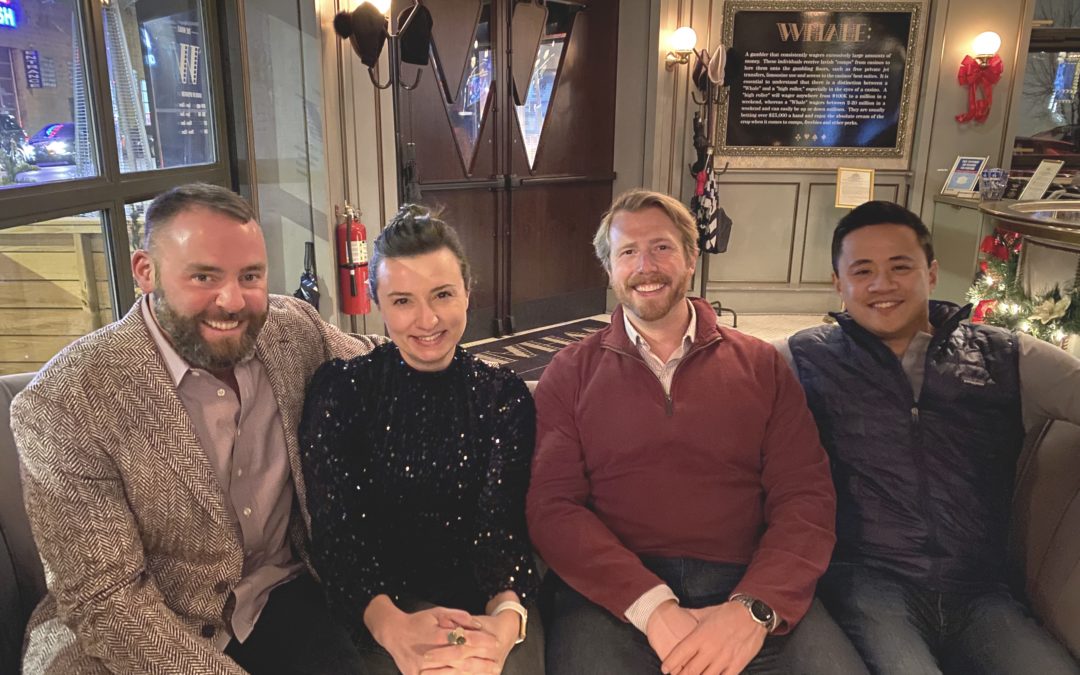
Reflections After Closing Our Seed Round
We recently announced that we closed an exciting round of seed financing led by New York and Boston-based NextView Ventures with participation from Chicago-based Jump Capital. Our original pre-seed investors, Motivate Venture Capital and Alumni Ventures, also participated along with leading entrepreneurs and investors, David Kalt, Sean Chou, Pete Kadens, and Lon Chow.
You can read all about it here: https://www.neweraadr.com/blog/seed-round/
To ALL of our investors, advisors, and clients across our first ten months and $6.3M we’ve raised: thank you to each of you for your partnership, your conviction in our vision, and your belief in our team (Collin, Michelle, Shane, Shelby, John, Heidi, Rachel, Rebekah)
This is a meaningful inflection point for New Era because these new funds allow us to accelerate and deepen the impactful work we’ve done since we launched last April. And while I’m so excited for what’s ahead, closing this round led me to reflect back on our journey and our purpose:
It was less than a year ago when Collin, Michelle, Shane, and I officially kicked off this ambitious but crazy ride to elevate the legal industry and remove the unnecessary gamesmanship that turns legal disputes into the long, expensive, acrimonious ordeals that we’ve all, for some reason, come to accept as “just the way it is.”
But take a second to really think about what actually goes through our minds when a legal dispute emerges at work or in our personal lives. The first thought is dread, a sinking feeling knowing that we’d better buckle up because this dispute is probably going to be a huge distraction that consumes us and keeps rearing its ugly head over the next 18-24 months (or more) if we let it play out. So then what happens?
Then…everything we and the other side do from that point on is done not to actually air our grievances and resolve the matter but instead to either avoid a long, drawn out fight, or worse, to leverage all the procedural levers that cause the absurd length of litigation today and hope we ultimately win a war of attrition. And in the worst case of all, one side engages in serious gamesmanship and finds a way to create significant financial leverage against the other side to bend them into submission (usually in the form of a massive money settlement). The one thing common to each of these scenarios? Neither side actually gets to have their story heard. Resentment, animosity, and acrimony between the two sides escalates, and many relationships become irreparable as a result.
That sounds awful doesn’t it? Yet, this is how legal disputes are resolved in incumbent systems today. Imagine how much time, money, and energy is wasted going through that ordeal. Imagine how much growth and innovation doesn’t happen because so much of that energy and those resources are spent fighting. Imagine how absolutely impossible it is for an individual consumer — many of whom aren’t privy to the esoterics of the law and can’t afford an attorney — to advocate for themselves in this system. The phrase “equal justice under law” is etched prominently on the front of the U.S. Supreme Court, yet to this day, it remains an aspiration and not an achievement.
The crazy part about all this is that organizations and individuals don’t actually want to resolve disputes this way. All of them would rather get to the point, share their story, present their evidence, get a quick decision, then go back to their lives or go back to building their businesses. But they’ve acquiesced to the current system because there were no alternatives.
And contrary to popular belief, lawyers feel the exact same way! No litigator, no transactional attorney, no in-house counsel hears about a potential legal dispute and thinks “yay, a fight!” The overwhelming majority of lawyers see law as a client-service industry, they’re inherently problem solvers and intensely client-focused, and the best ones take great pride in guiding their clients to the most efficient and pragmatic solutions, not in fighting tooth and nail over procedural nuances that most of their clients frankly don’t care about.
This is especially the case with law firm attorneys. They may be on the much-debated billable hour system (a discussion for another day), but I’ve been fortunate in my career to have gotten to know and work with some incredibly talented law firm attorneys whose creativity and outside-the-box thinking helped add immense value to my companies, guide my companies out of precarious situations, and help me anticipate disruptive speed bumps ahead. When working with them in my former capacity as General Counsel of two different technology companies or when speaking with them now about litigation they’re involved in, I can truly say that all of the law firm attorneys I know are just as frustrated with the current litigation paradigm and would love a way to get their clients out of disputes as fast as possible. After all, they want to be seen and known as the problem solver, not as the lawyer who extends fights.
So, all this is to illustrate why my experience this past year and the buy-in we’ve seen from countless organizations, individuals, and law firms give me more conviction than ever in our mission at New Era to remove the gamesmanship that plagues dispute resolution today, bring the focus back to parties actually sharing their sides of the story, and make it possible to have fair, efficient resolutions of legal disputes with finite, predictable processes on a digital-native platform.
Some might say that a faster, more accessible forum could lead to more lawsuits being filed. I say, hold that thought and first decouple your frame of mind from the existing arduous, expensive, and painful processes already running through your head and instead consider an efficient forum where parties get to the point, experience the catharsis of actually having their story heard, and get a fast, high-quality resolution. Now, ask yourself, wouldn’t all relationships (business to business; business to consumer; person to person) be better off if more legal disputes were actually heard and resolved this way? That’s an unequivocal yes.
Litigation shouldn’t go away or be reduced, in fact it should increase — after all, it’s the grown up version of us reminding our kids to “use their words” — but it needs to be done differently, much differently. And when it is, everyone — individuals, organizations, society — is better off.
And while all of this changes the paradigm for organizations and most individuals, my longtime board service with Illinois Legal Aid Online and my continuing service alongside inspiring leaders on the Leaders Council of the Legal Services Corporation are a constant reminder for me that we can do good while doing well. Though we’re still in our early days as a company, we maintain an acute awareness that our platform can be used to make our justice system exponentially more accessible to countless individuals around the country who currently have no way of advocating for their rights.
We’re just getting started. There’s much more to come this year and beyond as we continue to build products and solutions that are laser focused on helping people and organizations reach faster resolutions.
For now, from the bottom of my heart, thank you again to all of our supporters, investors, advisors, and clients for believing in our ambitious vision. Now, LFG 🚀

Rich is the CEO and Co-Founder of New Era ADR. Prior to starting New Era, Rich was the General Counsel at Civis Analytics, a fast-growing, venture-backed data science technology company born out of President Barack Obama’s 2012 re-election campaign. He served on the executive team, led legal, cybersecurity, and compliance, and helped lead and evolve the company through rapid growth (600%+ in his tenure) and over $50M in funding.
Prior to Civis, Rich was SVP, General Counsel and Corporate Secretary at Livevol, a financial technology company that he helped to build, grow, and sell to CBOE Holdings (BATS: CBOE). Rich also serves as an advisor, board member, and investor in technology startups and venture funds and in a leadership role in the Economic Club of Chicago.
Passionate about solving the access to justice gap in the United States, Rich also serves on the national Leader’s Council of the Legal Services Corporation (a U.S. Senate-funded 501c3) and on the board of Illinois Legal Aid Online. He holds a J.D. from Loyola University Chicago School of Law and a B.S. in Bioengineering from the University of Illinois at Urbana-Champaign.
